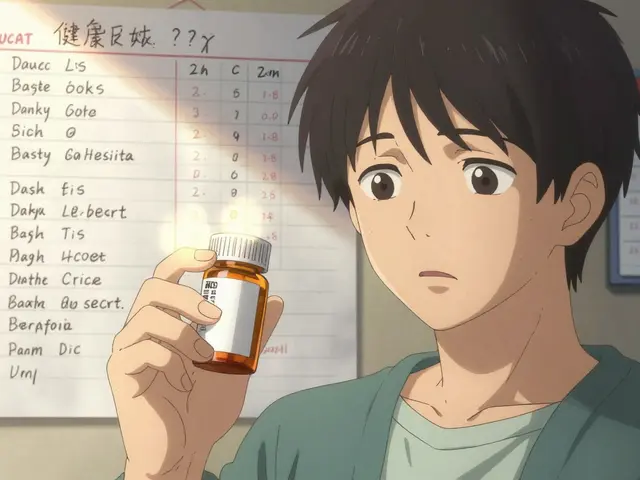Erectile Dysfunction Medication: What You Need to Know
If you’ve ever searched for a quick fix for ED, you’ve probably seen a flood of brand names, pills, and promises. The good news is that most of the medication on the market has been studied, approved, and can be safe when used correctly. Below we break down the main drug types, how they actually work, and what to watch out for so you can pick the right one without guessing.
Common Types of ED Meds
Most oral ED drugs belong to a class called PDE5 inhibitors. They block an enzyme that limits blood flow to the penis, letting more blood rush in when you’re aroused. The most well‑known is sildenafil (Viagra), but you’ll also see tadalafil (Cialis), vardenafil (Levitra), and avanafil (Stendra). The big differences are how fast they kick in and how long they stick around. Sildenafil works in about 30‑60 minutes and lasts 4‑6 hours. Tadalafil can take a bit longer to start but stays effective for up to 36 hours, which is why some call it the “weekend pill.”
Other options include hormone‑based treatments like testosterone replacement for men with low hormone levels, and alprostadil, a cream or injection that directly widens blood vessels. These are usually reserved for people who can’t take PDE5 inhibitors because of medical issues or drug interactions.
Choosing the Right Medication
Start with a quick health check. If you have heart disease, low blood pressure, or take nitrates (often prescribed for chest pain), PDE5 inhibitors can be risky. Talk to a doctor and list every medicine you’re on – even over‑the‑counter stuff – because some antibiotics, antifungals, and HIV meds can raise the levels of PDE5 inhibitors in your blood.
Think about your schedule. Want something that works on short notice? Sildenafil or vardenafil are good bets. Need flexibility for spontaneous moments? Tadalafil’s long window might fit better. If you’ve tried a pill and it didn’t work, don’t assume all will fail. Dosage, food, and timing can change the outcome. Taking the drug on an empty stomach usually speeds up absorption.
Side effects are generally mild but can include headaches, flushing, upset stomach, or a stuffy nose. If you notice a painful or lasting erection (over 4 hours), it’s an emergency – call for help right away.
Cost is another piece of the puzzle. Brand‑name versions can be pricey, but most insurers cover the generic forms. Look for reputable online pharmacies that require a prescription; they often list lower prices but make sure they’re licensed in your country.
Finally, keep realistic expectations. ED meds improve blood flow, but they still need sexual stimulation to work. If you’re dealing with psychological factors like stress or anxiety, a pill alone might not solve the problem. Combining medication with counseling, lifestyle changes (exercise, weight loss, quitting smoking), and open communication with your partner often yields the best results.
Bottom line: pick a medication that matches your health profile, timing needs, and budget. Start low, talk to a professional, and adjust as you learn how your body responds. With the right approach, you can get back to a satisfying sex life without guesswork or danger.






